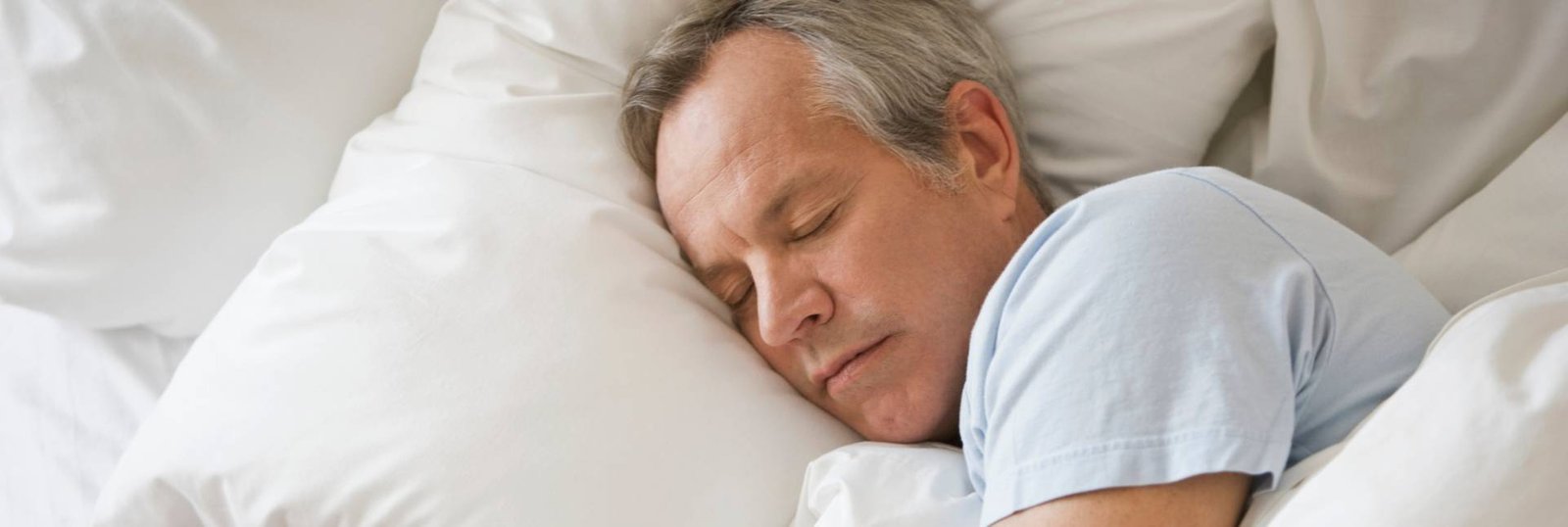The relationship between insomnia and depression is well-documented. Lack of sleep has a significant impact on mental health, and at the same time, mood disorders often disrupt sleep.
This easily creates a vicious cycle of insomnia and depression, in which it is often impossible to determine the underlying cause.
Evidence of this connection is that sleep disturbances (specifically, those occurring during REM sleep) disappear when mood improves. At the same time, it has been observed that sleep patterns normalize when depression subsides.
Given this connection, it is essential to act early if sleep problems and/or a mood characterized by persistent feelings of sadness, disappointment, or despair appear.
Lack of rest also causes daytime depression. This means that fatigue and sleepiness are other common symptoms of depression.
In Spain, it is estimated that 25-35% of the adult population suffers from transient insomnia and between 10 and 15% from chronic insomnia.
These data highlight the importance of knowing how to improve rest and achieve quality sleep. Otherwise, the risk of suffering from mood disorders such as depression, anxiety, or irritability increases dangerously.
This sleep disorder can appear at any stage of life, but its incidence increases with age.
Several factors explain this increase in insomnia in older adults. The causes may range from a lack of good sleep hygiene, an unhealthy lifestyle, the life changes that often occur at this age (for example, children leaving the family home or retirement), increased health problems, or the use of certain medications.
It should also be noted that sleep deteriorates with age: it becomes lighter, shorter in duration, and is accompanied by frequent nighttime awakenings (fragmented sleep).
This age-related sleep deterioration occurs in both men and women, although chronic insomnia is significantly higher in the latter.
Melatonin and insomnia
Melatonin is a fundamental hormone in the natural sleep-wake cycle. Specifically, blood melatonin levels rise at night to prepare the body for rest, while they decrease in the morning.
The problem is that, with age, the body’s natural production of melatonin decreases. As a result, circadian rhythm disturbances often appear.
In this sense, advanced sleep phase progression is common in older people. This phenomenon is characterized by the onset of drowsiness in the evening, which causes them to go to bed early, but also causes them to wake up too early and have great difficulty falling back asleep.
Melatonin, along with zinc, has been shown to be an effective treatment for insomnia and associated depression.
This relationship between melatonin and insomnia has been widely studied, and its exogenous administration has been shown to improve sleep quality and overall mood.
This is doubly important considering the much-discussed link between insomnia and depression, a condition whose incidence also increases with age.
More recently, a positive relationship between zinc and insomnia has been observed due to this mineral’s fundamental role in mood regulation. Specifically, preclinical and clinical studies have shown that zinc has antidepressant properties and can enhance the effects of conventional antidepressant treatments.
How to overcome insomnia due to depression or vice versa
Insomnia and depression are disorders that have a significant impact on people’s physical and mental health, as well as their quality of life.
For this reason, it is essential to address sleep problems and depressed mood as soon as possible.
Likewise, treatment for insomnia and depression must always take into account the interrelationship that may exist between the two conditions.
Data show that people who suffer from this sleep disorder have a 10-fold increased risk of developing depression. Insomnia also plays a key role in relapses, the recurrence of depressive episodes, and the chronicity of the illness.
On the contrary, early treatment of insomnia can prevent mood disorders.
At the same time, it is estimated that 95% of people with depression have some sleep disorder.
Sometimes, treatment for insomnia and depression involves the use of benzodiazepines or sedative-hypnotics. These drugs should always be used under medical prescription and at the lowest effective dose.
However, the first line of treatment for insomnia, fatigue, sleeplessness, and associated depression focuses on finding therapeutic alternatives without the drawbacks of benzodiazepines and sedative-hypnotics.
This usually involves changing habits to promote quality rest and improved mood, along with support from natural treatments for insomnia and/or cognitive-behavioral therapies.
In this sense, melatonin supplementation is the preferred therapeutic option for people who experience this sleep disorder.
By intervening in the regulation of the sleep-wake cycle, melatonin improves the quality of rest and reduces the time it takes to fall asleep.
It’s advisable to include active ingredients in melatonin supplements for insomnia that also act on the associated weakness. Zinc, due to its antidepressant activity, is especially interesting.
The goal of combating insomnia naturally, without drugs, is especially relevant for older adults, since benzodiazepines and hypnotics can increase the risk of falls, daytime sleepiness, cognitive impairment, and dependence.
It’s worth noting that this population group not only experiences a decline in natural melatonin production due to the aging process itself, but is also more susceptible to the effects of zinc deficiency.
It’s also important to keep in mind that chronic pain in older adults is very common and can often be associated with insomnia and depression. For this reason, it’s key to find treatments that can be maintained over time and without side effects.























+ There are no comments
Add yours